New Co-op boss Steve Murrells is eyeing new markets as he kick-starts the mutual’s renewal plan.
Murrells, who officially took on the top job from Richard Pennycook on March 1, today reaffirmed his ambition to “enter markets that are not serving people well and challenging existing providers.”
The Co-op, which today revealed it had swung to a full-year pre-tax loss on a statutory basis despite growth in its core food business, has tasked director of renewal Rod Bulmer with identifying sectors that fit Murrells’ bill.
Retail Week runs the rule over seven possible sectors that the Co-op could target for growth.
Energy
Rising gas and electricity bills are a constant source of frustration for UK residents – and a number of observers have hinted that energy is the perfect market for the Co-op introduce its “better way of doing business.”
The big six energy giants — British Gas, NPower, Eon, Scottish Power, SSE and EDF – are long-established, but the Co-op could sense an opportunity to upset that status quo.
Although Co-operative Energy already exists, having been founded in 2010, it is owned by the Midcounties Co-operative and is not part of the main Co-op Group, so a push into energy supply would represent a new but potentially lucrative venture.
In the last two years alone, British Gas has enjoyed operating profits of £623m and £553m respectively, highlighting the size of the opportunity.
Tradesmen
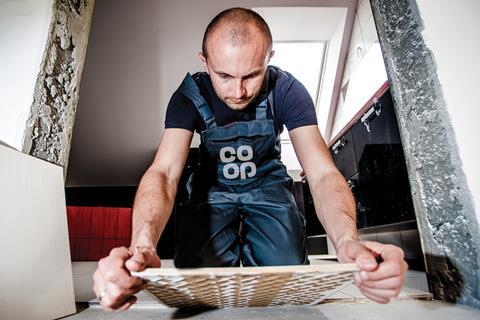
With complaints about “cowboy builders” commonplace in Britain, Murrells might judge this to be one of the sectors “not serving people well.”
However, offering services such as building, plumbing, flooring and electrical work wouldn’t be an easy task.
B&Q has already branched into a similar area with its Homefit service, which provides approved tradesmen in partnership with the Which? Trusted Traders scheme.
With the likes of Carpetright and Topps Tiles also offering home fitting services, and scores of other electricians and plumbers to compete with, the Co-op might conclude that this particular space is too crowded for a “jack of all trades” to enter and compete against the specialists.
Education
Given the Co-op’s community-focused business model, a move into education might not be as farfetched as it initially sounds.
And given the growth in academies in recent years, there is a clear opening for the Co-op to exploit.
Academies are publicly-funded independent schools, but are run by trusts that employ staff, set term times and don’t have to follow the national curriculum.
Even if it didn’t want to run the schools itself, the Co-op could opt to sponsor academies, a role that would still include responsibility for improving the performance of the schools.
Train travel
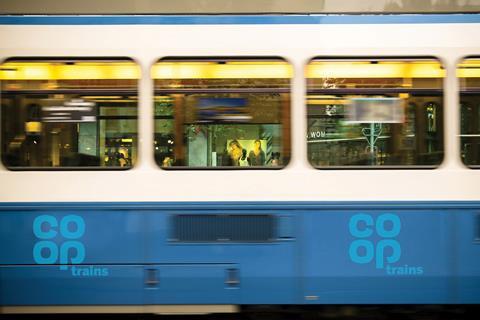
Competing with energy price rises on the complaints scale, train delays have been the bane of commuters’ lives over the past year or so, particularly for Southeastern’s customer.
Putting an end to delays and cancellations would definitely fit the Co-op remit of “serving people well” and “challenging existing providers.”
However, this would represent a far from capital-light opportunity.
Last month, a consortium of travel operator FirstGroup and Hong Kong-based firm MTR won the contract to operate the South West Trains franchise, but will pay £2.6bn for the privilege of doing so for seven years – a price the Co-op is likely to baulk at.
Healthcare
It is estimated that around 8% of the UK population – 5.23 million people – pay for some form of private healthcare treatment every year.
From dental work to eye tests, the Co-op could challenge incumbents such as Bupa with what could prove to be a lucrative business proposition.
But given the trend that private medical insurance has been in decline in the UK since 2006, with the number of policy-holders falling year-on-year, the Co-op is more likely to focus on growing sectors.
Pubs
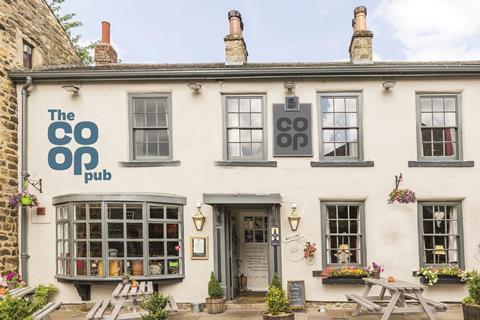
Much like the idea of moving into education, launching a chain of family-friendly pubs would be in keeping with the Co-op ethos of being at the heart of local communities.
Many pubs across the UK have closed in recent years and been converted into convenience stores, so there would be a hint of irony about a c-store specialist moving into this sector.
But rolling out a chain of pubs would not only create new community hubs, but provide spaces to contribute towards the Co-op’s loneliness campaign, which helps the Red Cross support and expand community and social groups.
However, with many consumers now more likely to buy booze from Co-op stores than pubs, the mutual may not see as a big a return on investment from this particular venture.
Weddings
Having already developed a successful funeral business – the operating profits of which rose 43% to £99m last year – could the Co-op take the plunge into weddings?
From chair covers and light-up dance floors to photo booths and popcorn machines, loved-up couples are constantly seeking add-ons from suppliers to brighten up their big day – and the Co-op could provide a one-stop-shop for those entertainment needs.
With the average British wedding now costing £25,000, there is undoubtedly plenty of money to be made.
In a congested market full of suppliers, it is difficult for consumers to decide who to spend their hard-earned money with.
The Co-op would provide a reliable brand name that couples would happily trust on their wedding day.


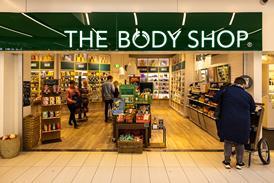
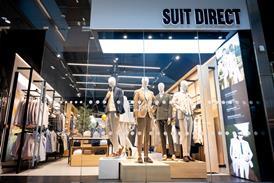


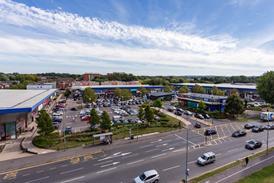

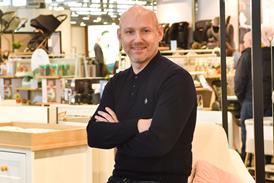



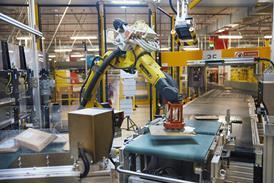






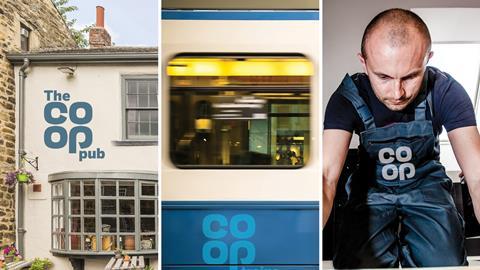
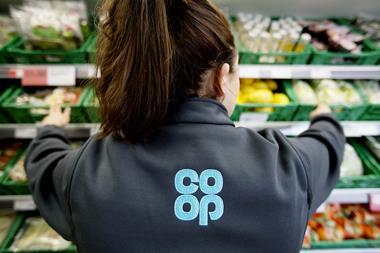


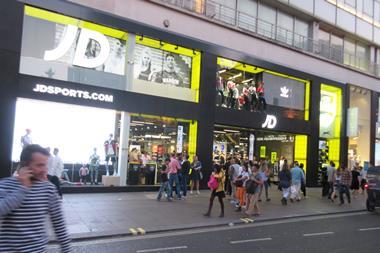
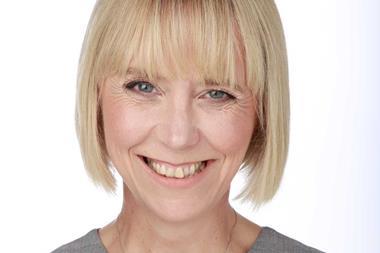
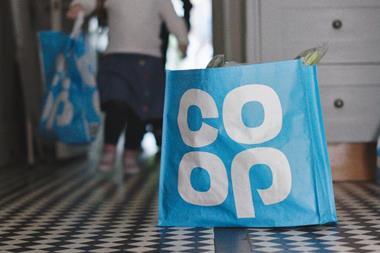
No comments yet